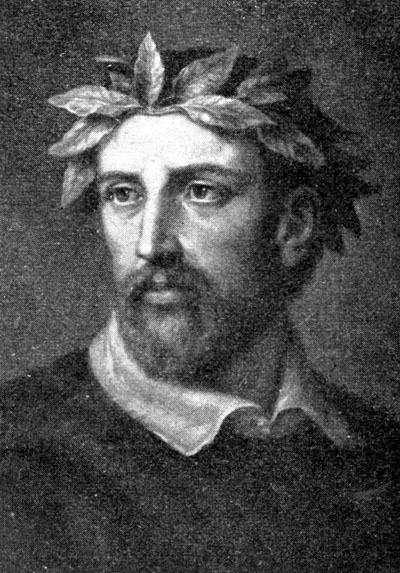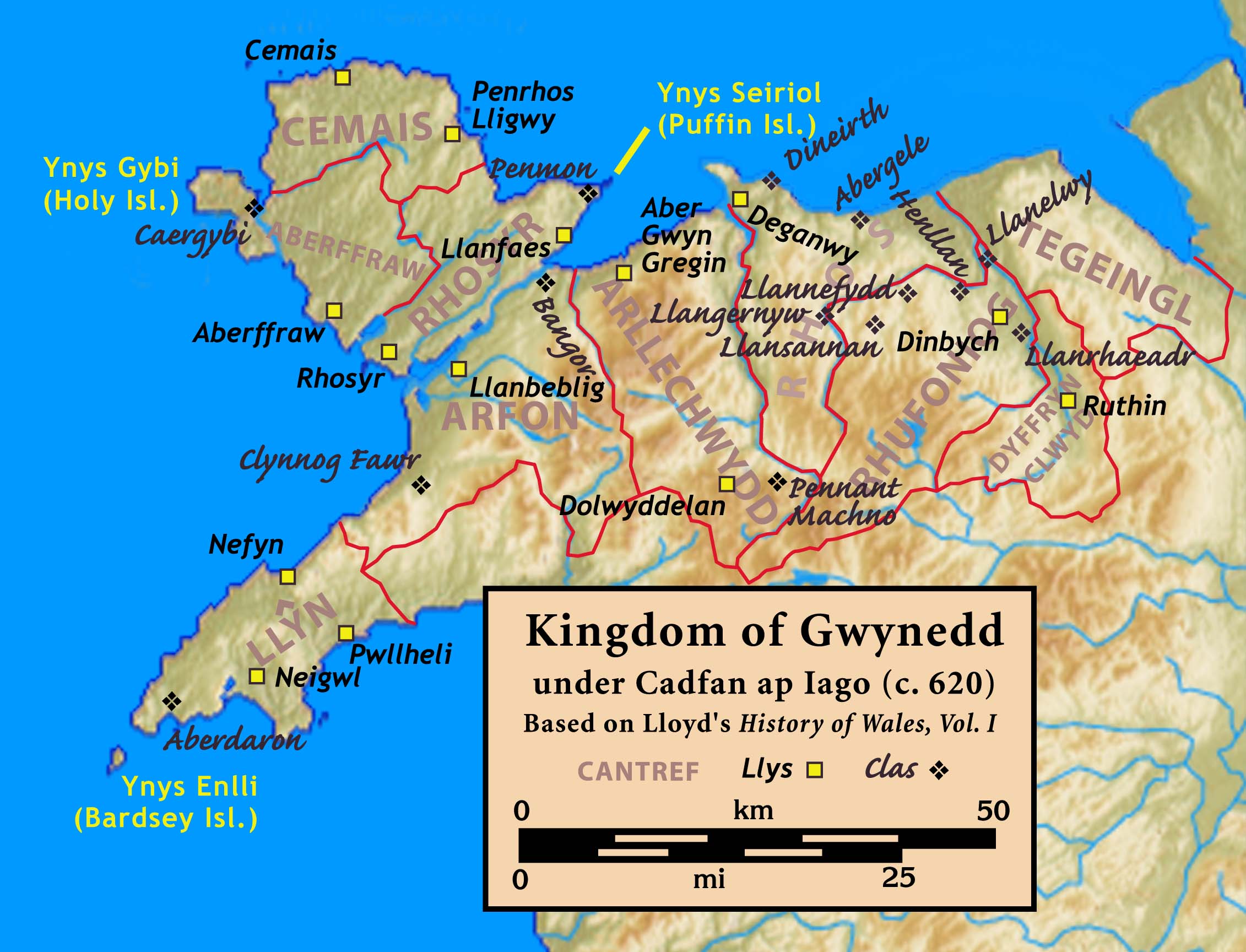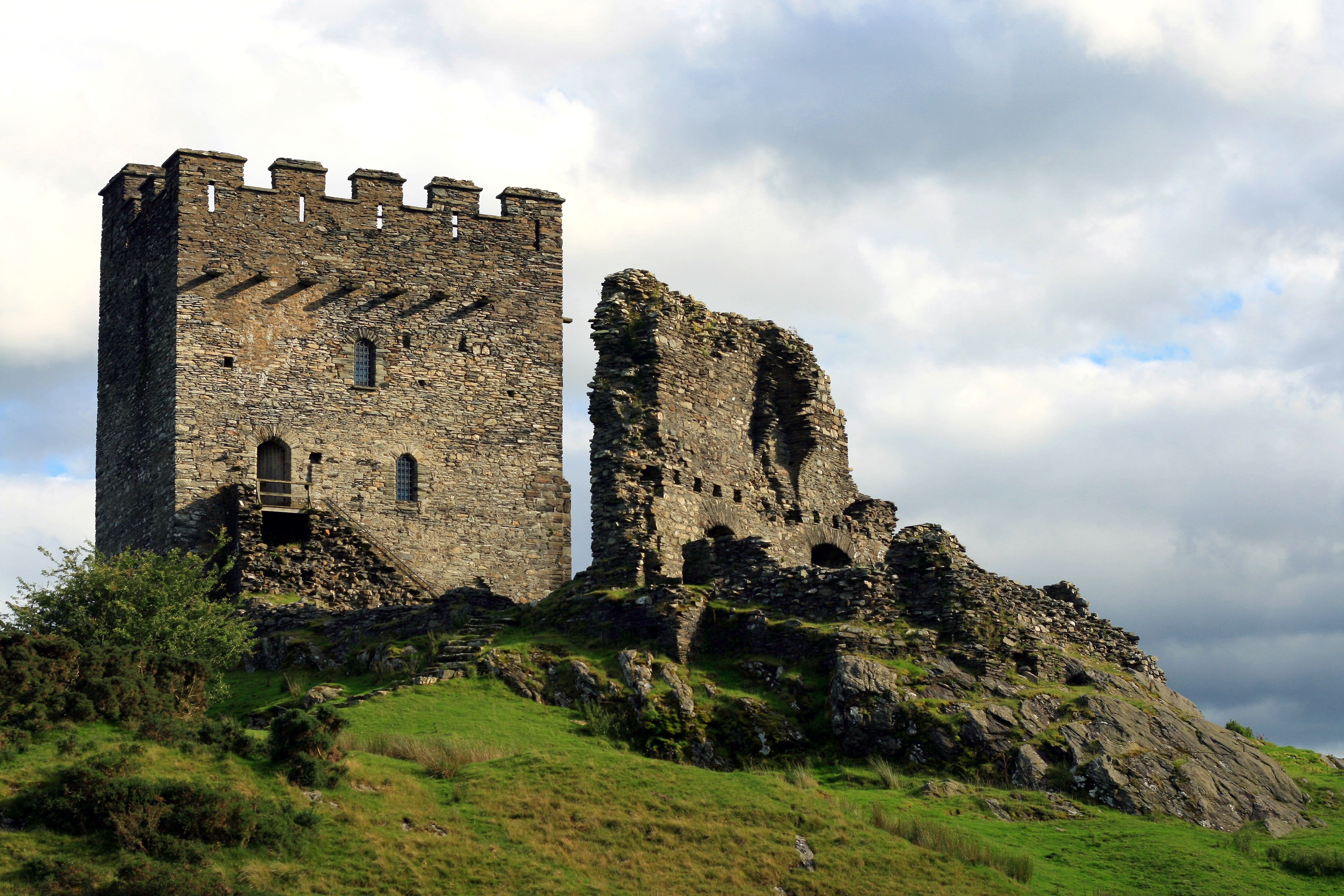|
Dafydd Benfras
Dafydd Benfras () was a court poet in the Welsh language, regarded by Saunders Lewis and others as one of the greatest of the Poets of the Princes (''Beirdd y Tywysogion''). Dafydd Benfras was a poet of the court of the kingdom of Gwynedd and most of his surviving poems are elegies and praise-poems to its princes. He composed an ode to Llywelyn the Great celebrating his battles and victory over John of England, King John of England, and wrote an elegy to Llywelyn's son and successor as prince of Wales, Dafydd ap Llywelyn, on his death in 1246. References *J. Lloyd-Jones, 'The Court Poets of the Welsh Princes', Proceedings of the British Academy, 1948 Welsh-language poets 13th-century Welsh poets {{UK-poet-stub ... [...More Info...] [...Related Items...] OR: [Wikipedia] [Google] [Baidu] |
Court Poet
A poet laureate (plural: poets laureate) is a poet officially appointed by a government or conferring institution, typically expected to compose poems for special events and occasions. Albertino Mussato of Padua and Francesco Petrarca (Petrarch) of Arezzo were the first to be crowned poets laureate after the classical age, respectively in 1315 and 1342. In Britain, the term dates from the appointment of Bernard André by Henry VII of England. The royal office of Poet Laureate in England dates from the appointment of John Dryden in 1668. In modern times a poet laureate title may be conferred by an organization such as the Poetry Foundation, which designates a Young People's Poet Laureate, unconnected with the National Youth Poet Laureate and the United States Poet Laureate. The office is also popular with regional and community groups. Examples include the Pikes Peak Poet Laureate, which is designated by a "Presenting Partners" group from within the community, the Minnesota poet l ... [...More Info...] [...Related Items...] OR: [Wikipedia] [Google] [Baidu] |
Welsh Language
Welsh ( or ) is a Celtic language family, Celtic language of the Brittonic languages, Brittonic subgroup that is native to the Welsh people. Welsh is spoken natively in Wales, by some in England, and in Y Wladfa (the Welsh colony in Chubut Province, Argentina). Historically, it has also been known in English as "British", "Cambrian", "Cambric" and "Cymric". The Welsh Language (Wales) Measure 2011 gave the Welsh language official status in Wales. Both the Welsh and English languages are ''de jure'' official languages of the Welsh Parliament, the Senedd. According to the 2021 United Kingdom census, 2021 census, the Welsh-speaking population of Wales aged three or older was 17.8% (538,300 people) and nearly three quarters of the population in Wales said they had no Welsh language skills. Other estimates suggest that 29.7% (899,500) of people aged three or older in Wales could speak Welsh in June 2022. Almost half of all Welsh speakers consider themselves fluent Welsh speakers ... [...More Info...] [...Related Items...] OR: [Wikipedia] [Google] [Baidu] |
Saunders Lewis
Saunders Lewis (born John Saunders Lewis) (15 October 1893 – 1 September 1985) was a Welsh politician, poet, dramatist, Medievalist, and literary critic. He was a prominent Welsh nationalist, supporter of Welsh independence and was a co-founder of Plaid Genedlaethol Cymru (The National Party of Wales), later known as Plaid Cymru. Lewis is usually acknowledged as one of the most prominent figures of 20th century Welsh literature. In 1970, Lewis was nominated for a Nobel Prize in Literature. Lewis was voted the tenth greatest Welsh hero in the ' 100 Welsh Heroes' poll, released on St. David's Day 2004. Early life John Saunders Lewis was born into a Welsh family living in Wallasey, England, on 15 October 1893. He was the second of three sons of Lodwig Lewis (1859–1933), a Calvinistic Methodist minister, and his wife Mary Margaret (née Thomas, 1862–1900). Lewis attended Liscard High School for Boys and went on to study English and French at Liverpool University. First Wo ... [...More Info...] [...Related Items...] OR: [Wikipedia] [Google] [Baidu] |
Poets Of The Princes
Medieval Welsh literature is the literature written in the Welsh language during the Middle Ages. This includes material starting from the 5th century AD, when Welsh was in the process of becoming distinct from Common Brittonic, and continuing to the works of the 16th century. The Welsh language became distinct from other dialects of Old British sometime between AD 400 and 700; the earliest surviving literature in Welsh is poetry dating from this period. The poetic tradition represented in the work of ''Y Cynfeirdd'' ("The Early Poets"), as they are known, then survives for over a thousand years to the work of the ''Poets of the Nobility'' in the 16th century. The core tradition was praise poetry; and the poet Taliesin was regarded as the first in the line. The other aspect of the tradition was the professionalism of the poets and their reliance on patronage from kings, princes and nobles for their living. The fall of the Kingdom of Gwynedd and the loss of Welsh independence in ... [...More Info...] [...Related Items...] OR: [Wikipedia] [Google] [Baidu] |
Kingdom Of Gwynedd
The Kingdom of Gwynedd (Medieval Latin: ; Middle Welsh: ) was a Welsh kingdom and a Roman Empire successor state that emerged in sub-Roman Britain in the 5th century during the Anglo-Saxon settlement of Britain. Based in northwest Wales, the rulers of Gwynedd repeatedly rose to dominance and were acclaimed as " King of the Britons" before losing their power in civil wars or invasions. The kingdom of Gruffydd ap Llywelynthe King of Wales from 1055 to 1063was shattered by a Saxon invasion in 1063 just prior to the Norman invasion of Wales, but the House of Aberffraw restored by Gruffudd ap Cynan slowly recovered and Llywelyn the Great of Gwynedd was able to proclaim the Principality of Wales at the Aberdyfi gathering of Welsh princes in 1216. In 1277, the Treaty of Aberconwy between Edward I of England and Llewelyn's grandson Llywelyn ap Gruffudd granted peace between the two but would also guarantee that Welsh self-rule would end upon Llewelyn's death, and so it represented ... [...More Info...] [...Related Items...] OR: [Wikipedia] [Google] [Baidu] |
Llywelyn The Great
Llywelyn the Great ( cy, Llywelyn Fawr, ; full name Llywelyn mab Iorwerth; c. 117311 April 1240) was a King of Gwynedd in north Wales and eventually " Prince of the Welsh" (in 1228) and "Prince of Wales" (in 1240). By a combination of war and diplomacy he dominated Wales for 45 years. During Llywelyn's childhood, Gwynedd was ruled by two of his uncles, who split the kingdom between them, following the death of Llywelyn's grandfather, Owain Gwynedd, in 1170. Llywelyn had a strong claim to be the legitimate ruler and began a campaign to win power at an early age. He was sole ruler of Gwynedd by 1200 and made a treaty with King John of England that year. Llywelyn's relations with John remained good for the next ten years. He married John's natural daughter Joan in 1205, and when John arrested Gwenwynwyn of Powys in 1208, Llywelyn took the opportunity to annex southern Powys. In 1210, relations deteriorated, and John invaded Gwynedd in 1211. Llywelyn was forced to seek terms and to ... [...More Info...] [...Related Items...] OR: [Wikipedia] [Google] [Baidu] |
John Of England
John (24 December 1166 – 19 October 1216) was King of England from 1199 until his death in 1216. He lost the Duchy of Normandy and most of his other French lands to King Philip II of France, resulting in the collapse of the Angevin Empire and contributing to the subsequent growth in power of the French Capetian dynasty during the 13th century. The baronial revolt at the end of John's reign led to the sealing of , a document considered an early step in the evolution of the constitution of the United Kingdom. John was the youngest of the four surviving sons of King Henry II of England and Duchess Eleanor of Aquitaine. He was nicknamed John Lackland because he was not expected to inherit significant lands. He became Henry's favourite child following the failed revolt of 1173–1174 by his brothers Henry the Young King, Richard, and Geoffrey against the King. John was appointed Lord of Ireland in 1177 and given lands in England and on the continent. He unsuccessfully att ... [...More Info...] [...Related Items...] OR: [Wikipedia] [Google] [Baidu] |
Prince Of Wales
Prince of Wales ( cy, Tywysog Cymru, ; la, Princeps Cambriae/Walliae) is a title traditionally given to the heir apparent to the English and later British throne. Prior to the conquest by Edward I in the 13th century, it was used by the rulers of independent Wales. The first native Welsh prince was Gruffudd ap Cynan of Gwynedd, in 1137, although his son Owain Gwynedd (Owain ap Gruffudd) is often cited as having established the title. Llywelyn the Great is typically regarded as the strongest leader, holding power over the vast majority of Wales for 45 years. One of the last independent princes was Llywelyn ap Gruffydd (Llywelyn the Last), who was killed at the Battle of Orewin Bridge in 1282. His brother, Dafydd ap Gruffydd, was executed the following year. After these two deaths, Edward I of England invested his son Edward of Caernarfon as the first English prince of Wales in 1301. The title was later claimed by the heir of Gwynedd, Owain Glyndŵr (Owain ap Gruffydd), from ... [...More Info...] [...Related Items...] OR: [Wikipedia] [Google] [Baidu] |
Dafydd Ap Llywelyn
Dafydd ap Llywelyn (''c.'' March 1212 – 25 February 1246) was Prince of Gwynedd from 1240 to 1246. He was the first ruler in Wales to claim the title Prince of Wales. Birth and descent Though birth years of 1208, 1206, and 1215 have been put forward for Dafydd, it has recently been persuasively argued that he was born shortly after Easter 1212. Born at Castell Hen Blas, Coleshill, Bagillt in Flintshire, he was the only son of Llywelyn the Great by his wife, Joan (daughter of King John). His grandfather was facing trouble in England against his Barons when he was born. In his final years, Llywelyn went to great lengths to have Dafydd accepted as his sole heir. By Welsh law, Dafydd's older half-brother Gruffydd had a claim to be Llywelyn's successor. Llywelyn had Dafydd recognised as his named heir by his uncle King Henry III in 1220, and also had Dafydd's mother Joan declared legitimate by the Pope to strengthen Dafydd's claim. Conflict There was considerable s ... [...More Info...] [...Related Items...] OR: [Wikipedia] [Google] [Baidu] |
Welsh-language Poets
Welsh ( or ) is a Celtic language of the Brittonic subgroup that is native to the Welsh people. Welsh is spoken natively in Wales, by some in England, and in Y Wladfa (the Welsh colony in Chubut Province, Argentina). Historically, it has also been known in English as "British", "Cambrian", "Cambric" and "Cymric". The Welsh Language (Wales) Measure 2011 gave the Welsh language official status in Wales. Both the Welsh and English languages are ''de jure'' official languages of the Welsh Parliament, the Senedd. According to the 2021 census, the Welsh-speaking population of Wales aged three or older was 17.8% (538,300 people) and nearly three quarters of the population in Wales said they had no Welsh language skills. Other estimates suggest that 29.7% (899,500) of people aged three or older in Wales could speak Welsh in June 2022. Almost half of all Welsh speakers consider themselves fluent Welsh speakers and 21 per cent are able to speak a fair amount of Welsh. The Welsh gove ... [...More Info...] [...Related Items...] OR: [Wikipedia] [Google] [Baidu] |







